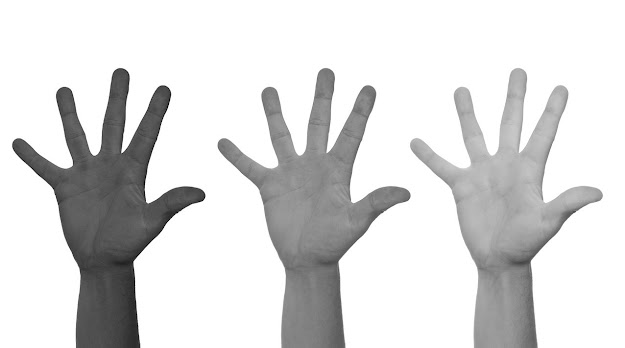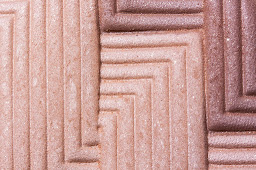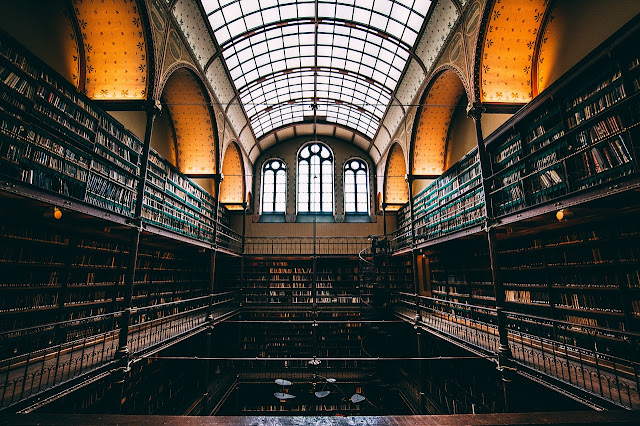"White" privilege as a pale Asian in Asia
What does it mean to be a pale-skinned Asian in Asia? What do "white privilege" and "person of color" mean to an Asian not living in a white majority country like the US? (I'm not addressing the Black Lives Matter movement...not yet sure how to where I am, to be honest.)
It's such an ugly word. No wonder none of us who consider ourselves reasonably open-minded want to associate ourselves with it.
Skirting the whole discussion of systematic racism, I want to reflect on my personal experiences with racism.
As humans, we classify people based on easily-seen signals like skin color. We use these signals to put people we don't know into manageable boxes. (And I was glad to read Ibram X. Kendi in his How to Be an Antiracist bluntly state that "racist" is descriptive; we are all racist and it's not meant to be pejorative.)
And it's easy to see how those whom we label as "Other" can be viewed with—at the mildest level—suspicion or discomfort.
I was struggling to put my vague thoughts about what is racism, why does it occur, what does "white privilege" mean, etc. etc. into words when I was struck by the following graphic by Courtney Ahn, a Korean-American graphic designer (especially the first point in the set):
(I'm not entirely sure where the words about not having had to struggle because of your skin color come from. There's a Medium article "White privilege doesn't mean you've never had to struggle," dated 27 August 2017 by Pamela Capalad that uses almost the same words.)
Another kind of white privilege
"It means your skin tone isn't one of the things making [your life] harder!"
These words made it clear to me that I enjoy a kind of white privilege too, as a "pale" Asian living in Asia.
I grew up in the US; I have experienced what it's like to be judged based solely on one's looks. Lucky for me that there, Asians are seen as the good minority, so I didn't suffer automatic suspicion and antagonism for the most part. It's nothing like what a Black person has to live through.
But yeah I've had to put up with the jokes about slanted eyes (phrased more coarsely!) and expected math genius-ness, the sing-song noises, and compliments on my "good English" 🙄 And yeah, I've been spit on too while walking home from school.
So of course I love living where my skin color and facial features aren't something that I'm made uncomfortably conscious of every day.
My confession: living in Southeast Asia is made the more comfortable because I have the privilege of my skin color.
On being a "person of color"
Maybe it's because I haven't lived in the US for 20 years and the term didn't really exist back then to describe non-white people and it's because I'm living Asian white privilege in Asia, I don't really associate myself with the term "person of color."
It's currently considered a respectful way to refer to someone who isn't white, but to me, it still implies that the default skin color is white.
That might make sense in the Western world where the majority is (usually) white, but it makes little sense to call myself a person of color (to mean I'm Asian) when I'm a light-skinned Asian in Asia.
So now what
That's the question, isn't it. I haven't forgotten what it's like to be at a disadvantage based on skin color and facial features.
Race and privilege are always on my mind, even when it's to acknowledge my privilege.
Which is every time a security guard politely salutes me at the mall, every time a staff member from someone's household or from Husband's company greets me with deference, every time a taxi driver compliments me on how my compatriots are so polite.
But I've also gotten complacent.
And I've been avoiding this topic with my mixed-race but also pale kids because I don't know how to address it.
But as Kendi says, "the only way to undo racism is to consistently identify and describe it — and then dismantle it."
So I will read more, I will try to bring attention to race and privilege with my kids. I will try not to let things slide.
I will try to be more conscious of bringing diverse voices to the fore in my volunteer work as FIGT blog editor and also in my work as an editor.
That's my action plan for now!





Comments
Post a Comment